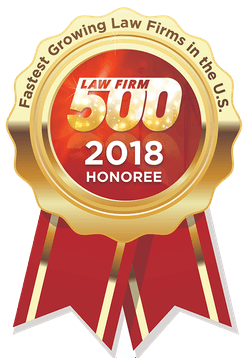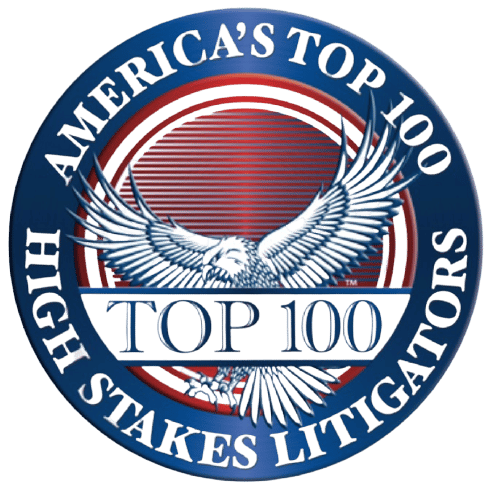Sadly, thousands of residents at long-term care facilities suffer mistreatment at the hands of caregivers. If your loved one was harmed in such a scenario, our nursing home abuse attorneys in St. Augustine can help your family seek compensation from the liable party.
We will review your case for free. If you choose to hire us for representation, no attorneys’ fees will be owed unless we win. Dial (877) 428-4177 for a consultation.
Our St. Augustine Nursing Home Abuse Attorneys Can Advocate for Your Rights
Florida Code §400.022 sets forth the Nursing Home Residents Bill of Rights, which contains a listing of all the legal protections and rights that are in place for sick and elderly nursing home residents. Chapter 59A-4 of the Florida Administrative Code also establishes minimum quality requirements for licensed nursing homes. Our attorneys are well-versed in all laws pertaining to these claims.
Additionally, nursing homes that receive federal funds in the form of Medicaid and Medicare are subject to certain requirements involving quality of care pursuant to the Nursing Home Reform Act of 1987, 42 CFR Part 483. Given these rights and protections established under both state and federal law, nursing home residents do have legal recourse should abuse occur in these facilities.
Typical Types of Nursing Home Abuse
Nursing home abuse can take many forms and be inflicted by different perpetrators in a nursing home setting. Some of the different forms of nursing home abuse include the following:
- Physical Abuse – kicking, hitting, shoving, burning, or using inappropriate restraints on nursing home residents
- Sexual Abuse – any consensual sexual activity, including unwanted and inappropriate touching, fondling, exposure of private parts, and rape
- Emotional Abuse – directing words at residents that ridicule, humiliate, insult, embarrass, or verbally abuse them
- Financial Exploitation – using fraudulent or deceptive tactics to take money or property from nursing home residents
Neglect also may be considered a form of abuse in elderly nursing home residents. When nursing home employees and care providers fail or refuse to provide care meet residents’ basic needs, neglect may have occurred.
Requirements for St. Augustine Claims
Under Florida Code §429.29, nursing home residents, their guardians, individuals acting as their powers of attorney, certain organizations, and the personal representatives of deceased residents’ estates all have standing to file claims based in negligence or intentional conduct against nursing homes and their employees. Successful lawsuits can result in compensatory damages, punitive damages, and reasonable attorneys’ fees and costs.
All such actions are subject to a two-year statute of limitations under §429.296. This requires that all actions be filed within two years of the time that the alleged abuse is discovered or should have been discovered through due diligence. Furthermore, any such action must be filed no later than four years of the incident of abuse.
Get Help from a Nursing Home Abuse Lawyer
When you discover that a loved one living in a nursing home was mistreated, you are likely to be horrified, confused, and unclear how to proceed. However, you may be able to get some of your questions answered by an experienced St. Augustine nursing home abuse lawyer.
An attorney can investigate the circumstances of your case and assess any potential causes of action you might have against the nursing home and its employees. Contact us today at (877) 428-4177 for a free case review.










